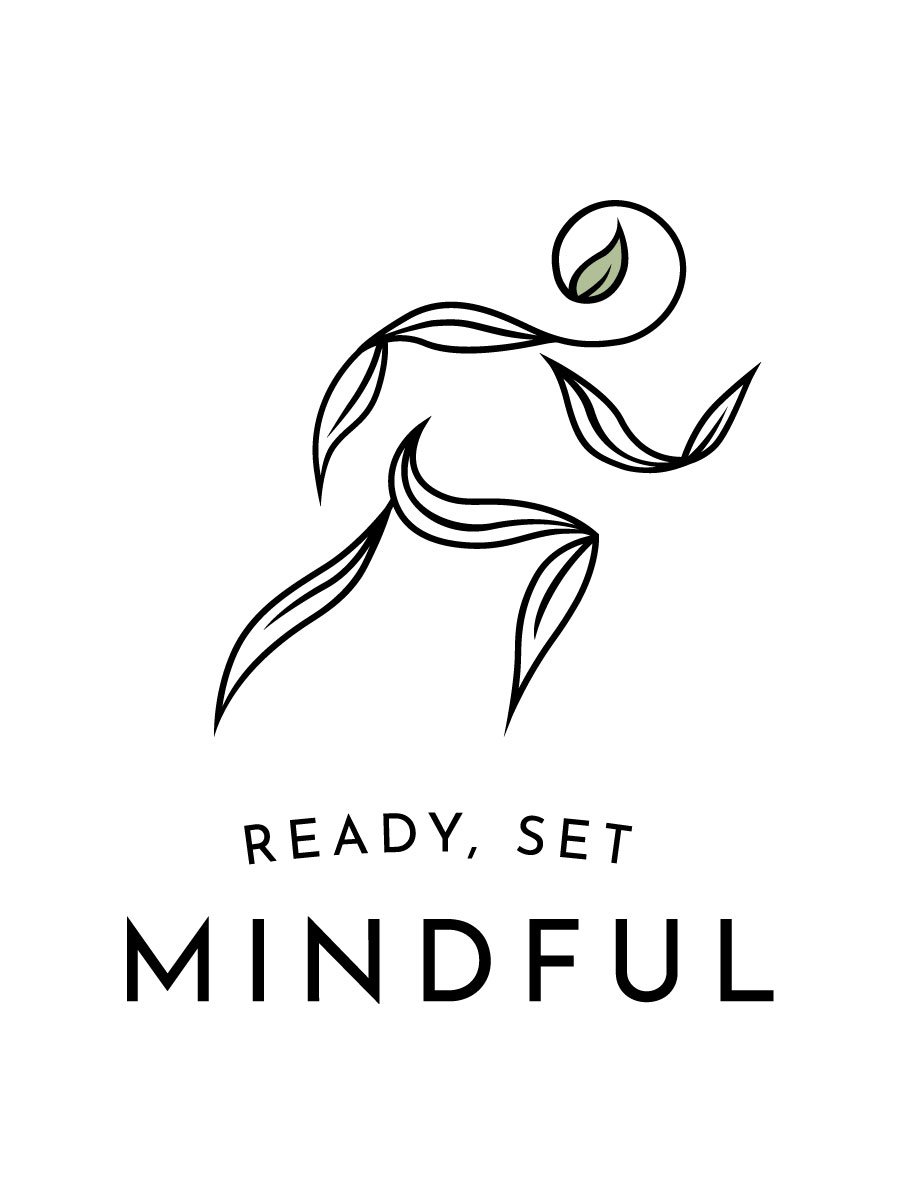Understanding Student-Athlete Burnout: How to Recognize and Overcome It
As the academic year hits its peak, student-athletes face mounting pressure on and off the field. The demands of finals, intense training schedules, and end-of-season competitions create a perfect storm for burnout. If you're an athlete struggling to keep up, know that you're not alone—and there are steps you can take to manage stress, prioritize mental health, and regain balance.
What is Student-Athlete Burnout?
Burnout is a state of emotional, physical, and mental exhaustion caused by prolonged stress and overcommitment. For student-athletes, the combination of academics, sports, and social responsibilities can make it feel like there’s no room to breathe. Common signs of burnout include:
Persistent fatigue or lack of energy
Loss of motivation or enjoyment in your sport
Difficulty focusing in class or during practices
Increased irritability or feelings of frustration
Physical symptoms like muscle tension, headaches, or trouble sleeping
If these symptoms sound familiar, it might be time to reassess your routines and seek support from a professional therapist who specializes in working with athletes.
Why Does Burnout Spike During the Winter Season?
Winter is a particularly challenging time for student-athletes. Here’s why:
End-of-Semester Stress
Final exams and deadlines take a significant mental toll, leaving little energy for athletic commitments.Seasonal Fatigue
Many fall sports are wrapping up, while winter sports are just beginning, creating overlap that can overwhelm athletes.Holiday Expectations
The holidays are supposed to be a time to relax, but for student-athletes, they can mean disrupted training schedules and added travel stress.Lack of Downtime
Without structured breaks, athletes can feel trapped in a cycle of constant performance without time to recover.
Steps to Combat Burnout
If you’re feeling the weight of burnout, consider these actionable strategies:
Prioritize Recovery
Your body and mind need time to recharge. Incorporate active recovery practices like stretching, yoga, or meditation to reduce stress.Communicate Your Needs
Speak openly with your coach, teammates, and professors about your workload. Advocating for yourself is key to finding a sustainable balance.Set Realistic Goals
It’s okay to scale back during busy times. Focus on small, achievable goals to stay motivated without overwhelming yourself.Seek Professional Support
A therapist for athletes can help you manage stress, build coping strategies, and maintain mental wellness. At Ready Set Mindful, we specialize in therapy and coaching tailored to athletes’ unique needs.
Ready to Take Control of Your Mental Game?
Burnout doesn’t have to hold you back. Whether you’re looking for a therapist to help with performance anxiety, time management, or navigating the pressures of student-athlete life, Ready Set Mindful is here to support you. Our solution-focused approach helps athletes like you thrive—not just in your sport, but in all aspects of life.
Don’t wait until it’s too late—reach out today and find the balance you deserve.
Until next time, Be Well and Stay Mindful 🌿
Kerri, Athlete+Therapist+Mindset Coach

